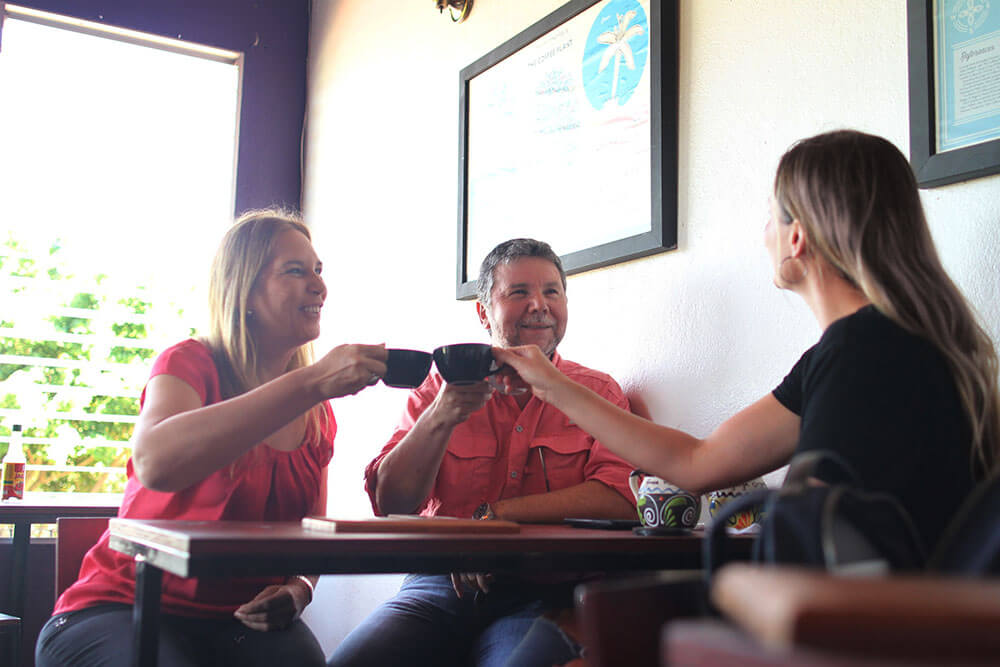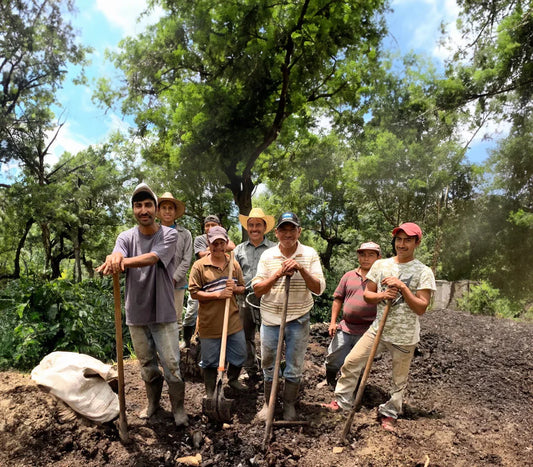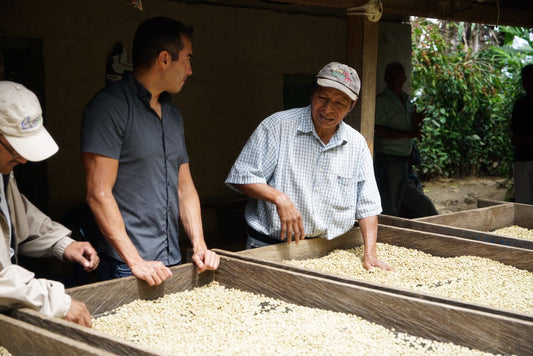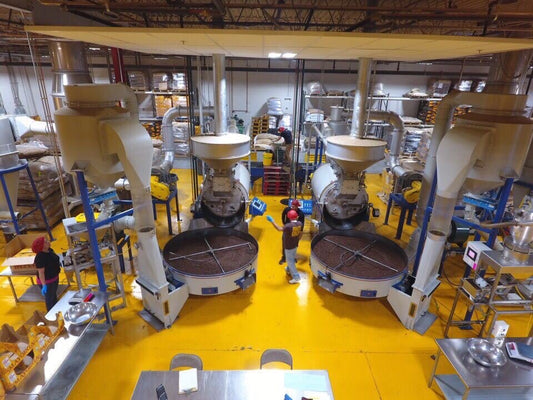
¿Nos Tomamos un Cafecito? The Cultural Significance of Coffee in Latin America
Jump to:
How and When Did Coffee First Arrive in Latin America?
If you haven’t heard this anecdote already, then pull up a chair. The story of coffee in Latin America might surprise you! It begins in the early 18th century with a French Naval officer, Gabriel de Clieu.
Now, the tale of coffee’s arrival in the Americas is much-debated. But, according to the legend, de Clieu was a resourceful man who, while serving in the Navy at Martinique, was struck with the idea of bringing a coffee plant to the island from his hometown in France.
Despite opposition from his fellow officers and the challenges of the long voyage, de Clieu managed to secure a seedling from a coffee plant at Jardin des Plantes in Paris and successfully brought the plant back with him in 1720. All this, while fighting off pirate attacks and water shortages along the way. Safe to say, de Clieu had been missing his morning brew and was willing to go to extreme lengths to procure it!
In a letter to a friend, de Clieu wrote, "I have sown in the land of Martinique a coffee tree which, in a few years, will produce a harvest that will enrich those who have had the foresight to cultivate it." de Clieu always had the belief in the economic potential of coffee cultivation, and envisioned it as a means to improve the lives of those who worked the land.
From Martinique, cultivation soon spread across Brazil, Colombia, and Central America. But, were de Clieu’s predictions accurate?

How has Coffee Enriched the Culture of Latin American Communities?
Since its arrival in the 18th century, coffee has had an astounding regional impact in Latin America. De Clieu’s predictions proved true; coffee did become a major source of income for many small-scale farmers, shaping the physical landscape of many Latin American countries.
Today, not only is Latin America one of the largest producers of coffee in the world, but coffee has also become an integral part of the culture, economy, and social fabric across the region.
Firstly, coffee is a great social lubricant. A fact that underpins its cultural significance in Latin America. As the Founder and CEO of Mayorga Coffee quotes, “Coffee is just about as Latin American as beans and tortillas! Most people begin drinking café con leche as children. It’s part of our morning and our afternoon social time.”. Outside of la casa, coffee shops or "cafeterías" serve as a social hub where people come together to socialize, conduct business, or simply relax and have a good time over coffee.
Did you know that coffee is also deeply embedded in many religious and cultural rituals across Latin America? For instance, in Brazil, coffee is an important part of a religious ceremony known as "Café com Deus" (Coffee with God), celebrated across various evangelical churches. In Mexico, coffee is often served during the "Día de los Muertos" (Day of the Dead) celebrations, which honor deceased loved ones.
But, undoubtedly, coffee’s largest impact on Latin American communities is an economic one. Many Latin American countries contribute greatly to coffee exports: In Colombia, for example, coffee has been a major source of income for small-scale farmers for generations. Beyond providing employment and income, coffee cultivation has also helped to shape the physical landscape of many Latin American countries. In some areas, coffee plantations cover vast swaths of land, known as “zonas cafeteras”, creating a distinctive landscape that is synonymous with the region.
More like this: Why do Latinos prefer coffee to hot cocoa?

Looking Ahead: The Future of Coffee Production in Latin America
Despite its cultural importance, coffee production in Latin America has been faced with multifaceted challenges in recent years. Climate change, the pandemic, and market volatility have taken a toll on the industry, and many small-scale farmers struggle to make a living from coffee cultivation. In some cases, coffee production has been tied to deforestation and environmental issues, highlighting the need for more sustainable practices in the industry.To address these challenges, many Latin American countries are working to promote sustainable coffee production and ensure that small-scale farmers receive fair prices for their crops. Mayorga Coffee works with local coffee farmers to promote environmental sustainability and social justice in the industry By supporting sustainable coffee production, we help to ensure that coffee remains an important part of Latin American culture and society for generations to come.
As we know, coffee has played a significant role in Latin American society for centuries. As a social lubricant, a cultural and religious symbol, and a major contributor to the region's economy, coffee has become an integral part of the fabric of many Latin American countries. With the industry facing significant challenges, there is a growing need for sustainable practices and greater environmental responsibility in the production of this beloved beverage. Despite these challenges, the cultural significance of coffee in Latin America remains strong, and it will undoubtedly continue to play an important role in the region's social, economic, and cultural development for years to come.


